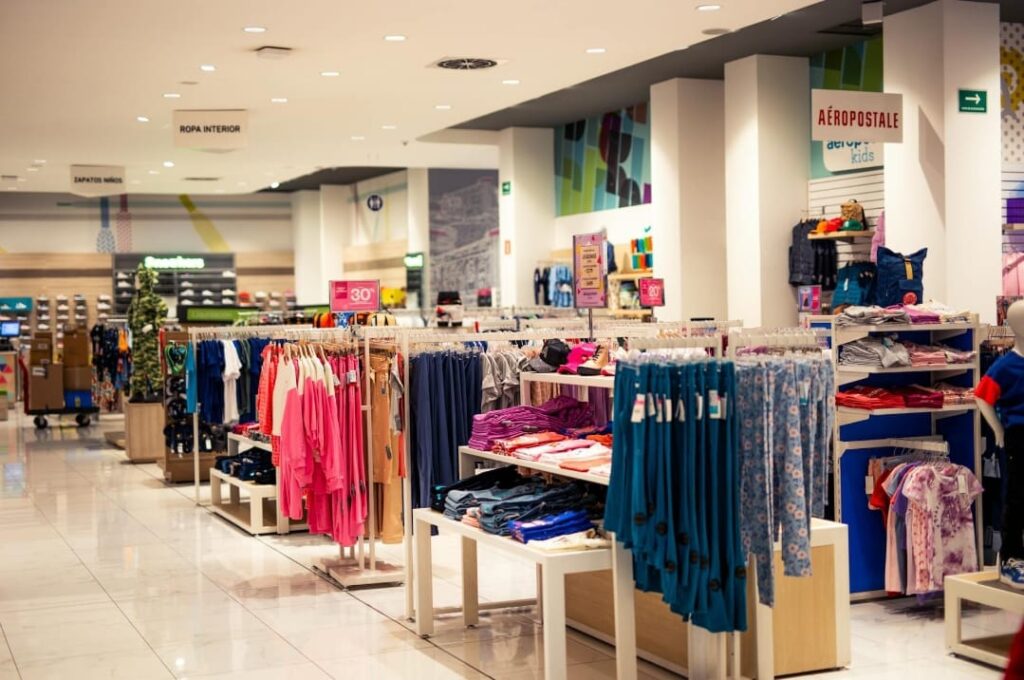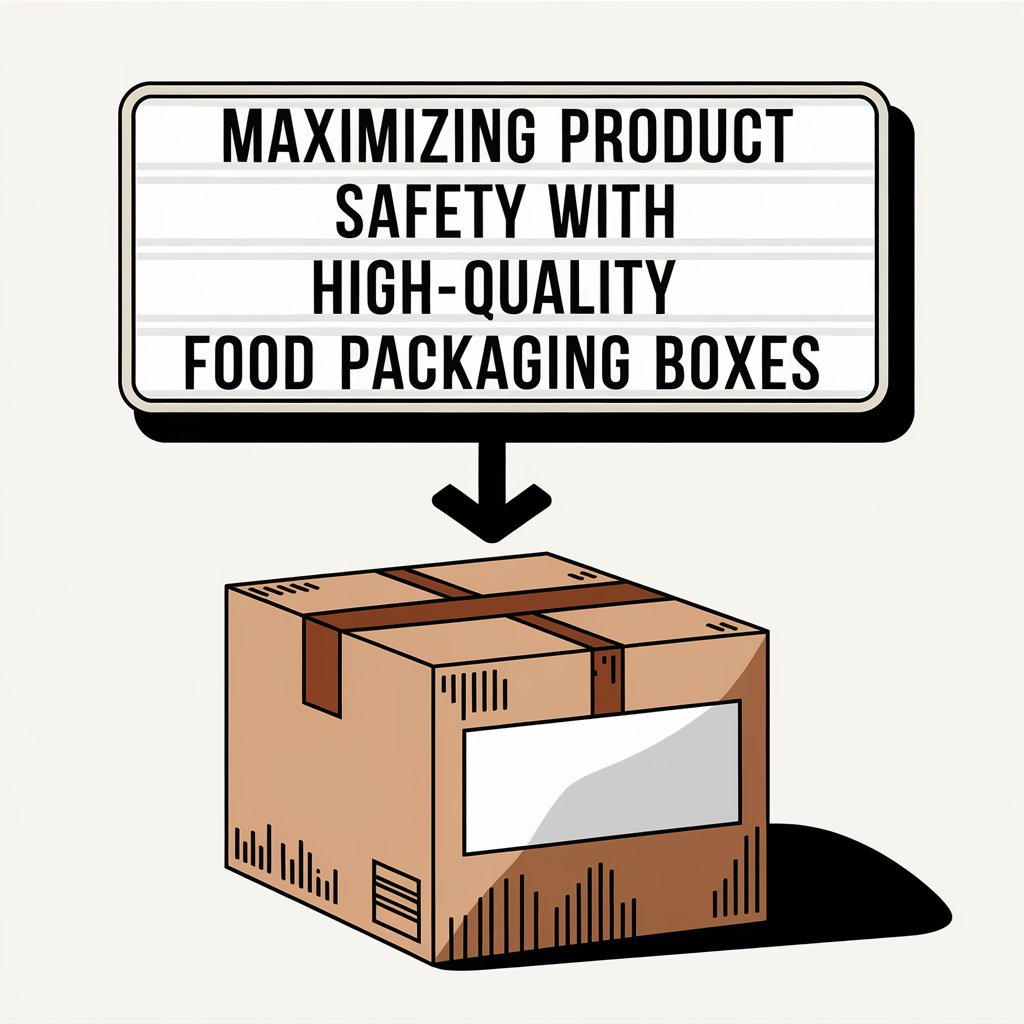Renting retail space is a significant investment, and asking the right questions can help ensure you make an informed decision. Whether you are opening a new store or expanding your business, understanding lease terms, costs, and property specifics is crucial. For expert guidance in finding the right retail space, visit austintenantadvisors.com/retail-space/. Here are the key questions to ask before signing a retail lease.
1. Lease Terms and Costs
What is the total monthly rent, and what does it include?

Retail leases can have various cost structures. Ask whether the quoted rent includes taxes, insurance, and maintenance (NNN Lease) or if it’s a flat rate (Gross Lease).
What additional costs should I expect?
Beyond rent, inquire about:
- Common Area Maintenance (CAM) fees
- Property taxes
- Utilities
- Security deposits
How long is the lease term, and is there flexibility?
Retail leases typically range from 3 to 10 years. If you need flexibility, ask about short-term leases or renewal options.
Are there rent increases, and how are they calculated?
Some leases include rent escalations based on:
- A fixed annual percentage
- Market rate adjustments
- Increases tied to inflation
2. Location and Suitability
Is this the right location for my business?
Consider factors like foot traffic, visibility, accessibility, and nearby businesses. If your target customers frequent the area, your store has a better chance of success.
What are the zoning regulations for this space?
Ensure that local zoning laws allow your type of business to operate in the space. Some areas may have restrictions on retail, food service, or liquor sales.
Are there any restrictions on signage and business operations?
Check if the landlord or local authorities impose limits on:
- Storefront signage
- Operating hours
- Business types allowed
3. Property Condition and Maintenance
Who is responsible for repairs and maintenance?
Understanding your maintenance obligations is crucial. Ask if you are responsible for:
- HVAC system upkeep
- Plumbing and electrical repairs
- Exterior and parking lot maintenance
Is the space move-in ready, or does it need improvements?
If the space requires renovations, clarify:
- Who pays for build-outs or tenant improvements (TI)?
- Are there allowances or reimbursements?
- How long will construction take?
What security measures are in place?
Ask about:
- Security systems
- Cameras and lighting
- On-site security personnel
4. Competitor and Market Considerations
Are there exclusivity clauses?
An exclusivity clause prevents landlords from renting to a direct competitor in the same shopping center or plaza. Ask if you can negotiate one.
What are the neighbouring businesses?
Surrounding businesses can impact your sales. For example, a high-traffic anchor tenant (like a grocery store) can drive more customers to your store.
5. Lease Termination and Exit Strategy
What happens if I need to break the lease early?
Understand the penalties for early termination. Some leases allow for:
- Buyout options (paying a fee to exit)
- Subleasing options (finding another tenant to take over the lease)
Is subleasing allowed?
If your business needs change, subleasing the space can be a valuable exit strategy. Ask about any restrictions on subleasing.
Renting retail space is a significant decision that affects your business’s success. By asking the right questions about costs, lease terms, maintenance, and competition, you can avoid surprises and negotiate better lease terms.






